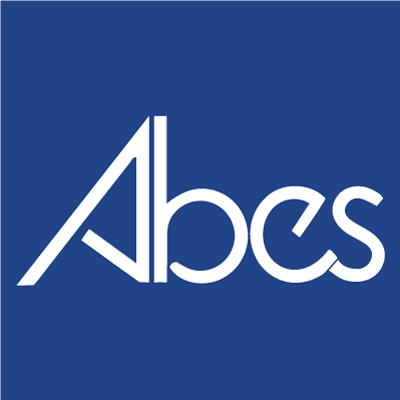In the ever-innovative healthcare world, the value of high-quality training tops none other. Traditional methods of education, while essential, often fall short in providing the hands-on experience necessary for students to confidently enter the workforce. This is where healthcare simulation steps in as a transformative tool, offering a dynamic and immersive learning environment that significantly impacts the quality of education and patient care.
Here, we discuss some of the biggest impacts innovative simulation solutions will have on healthcare.
1. Bridge the Gap Between Theory and Practice
One of the most significant impacts of simulation in healthcare education is its ability to bridge the gap between theoretical knowledge and practical application. In traditional classroom settings, students learn the science behind medical procedures, but they may not get the opportunity to apply this knowledge in a real-world context until much later. Simulation changes this by allowing students to practice procedures, make decisions, and learn from mistakes in a controlled, risk-free environment. This hands-on experience is invaluable, as it not only reinforces theoretical knowledge but also builds the confidence and competence needed to perform in real clinical settings.
2. Enhance Patient Safety
Patient safety is at the core of healthcare, and simulation plays a crucial role in enhancing this aspect of medical practice. By allowing students to practice in a simulated environment, they can master complex skills without the fear of harming real patients. For example, a student can perform a delicate procedure on a simulated model, refining their skills and learning to manage unexpected complications. This type of training reduces the likelihood of errors in actual clinical settings, directly contributing to better patient outcomes.
3. Help Develop Critical Thinking and Decision-Making Skills
Healthcare professionals are often required to make quick, informed decisions in high-pressure situations. Simulation training is instrumental in developing these critical thinking and decision-making skills. Through realistic scenarios, students are placed in situations that mimic the challenges they will face in their careers. Whether it is responding to a sudden change in a patient’s condition or managing a complex case, simulation provides a safe space for students to hone their ability to think on their feet. This experience is essential for preparing them to handle real-life emergencies with confidence and competence.
4. Foster Interdisciplinary Collaboration
In the healthcare industry, collaboration among different professionals is key to providing comprehensive patient care. Simulation training often includes interdisciplinary exercises, where students from various healthcare programs work together to manage patient scenarios. This collaborative approach not only improves communication and teamwork skills but also gives students a deeper understanding of each other’s roles in the healthcare system. By fostering this interdisciplinary collaboration early in their training, students are better prepared to contribute effectively to a healthcare team in their future careers.
5. Support Ongoing Professional Development
The impact of simulation in healthcare extends beyond initial training; it also plays a vital role in the ongoing professional development of healthcare providers. As innovative technologies and procedures emerge, simulation offers a platform for continuous learning and skills enhancement. Whether it is staying updated with the latest advancements or refining existing skills, healthcare professionals can use simulation to ensure they remain at the forefront of their field.
Train With the Latest Healthcare Innovations at ABES Today
For prospective students considering a career in healthcare, embracing simulation-based training can provide a solid foundation for success in this ever-evolving field.
Start your journey with ABES College today—contact us today to explore our programs and take the first step towards your future career!

Rebecca Cicero
Simulation Coordinator
Rebecca Cicero is a seasoned professional with a passion for the dynamic realm of healthcare simulation. With 15 years of dedicated experience in the field, Rebecca’s commitment to excellence is showcased by her CHSOS certification, a testament to her expertise in health simulation. Known for thriving in fast-paced environments, Rebecca excels at orchestrating intricate simulation scenarios with precision and innovation.
Her journey in the health simulation field has been marked by a genuine love for both the simulation process and the students she guides. Rebecca finds joy in witnessing the transformative power of simulation as a tool for learning and skill development. Beyond her technical proficiency, Rebecca is recognized for her creative approach to simulation, infusing scenarios with imagination to enhance the learning experience.
Her dedication to advancing healthcare education through simulation has not only made her a respected professional in the industry but also a mentor who takes pride in nurturing the growth of future healthcare professionals.


